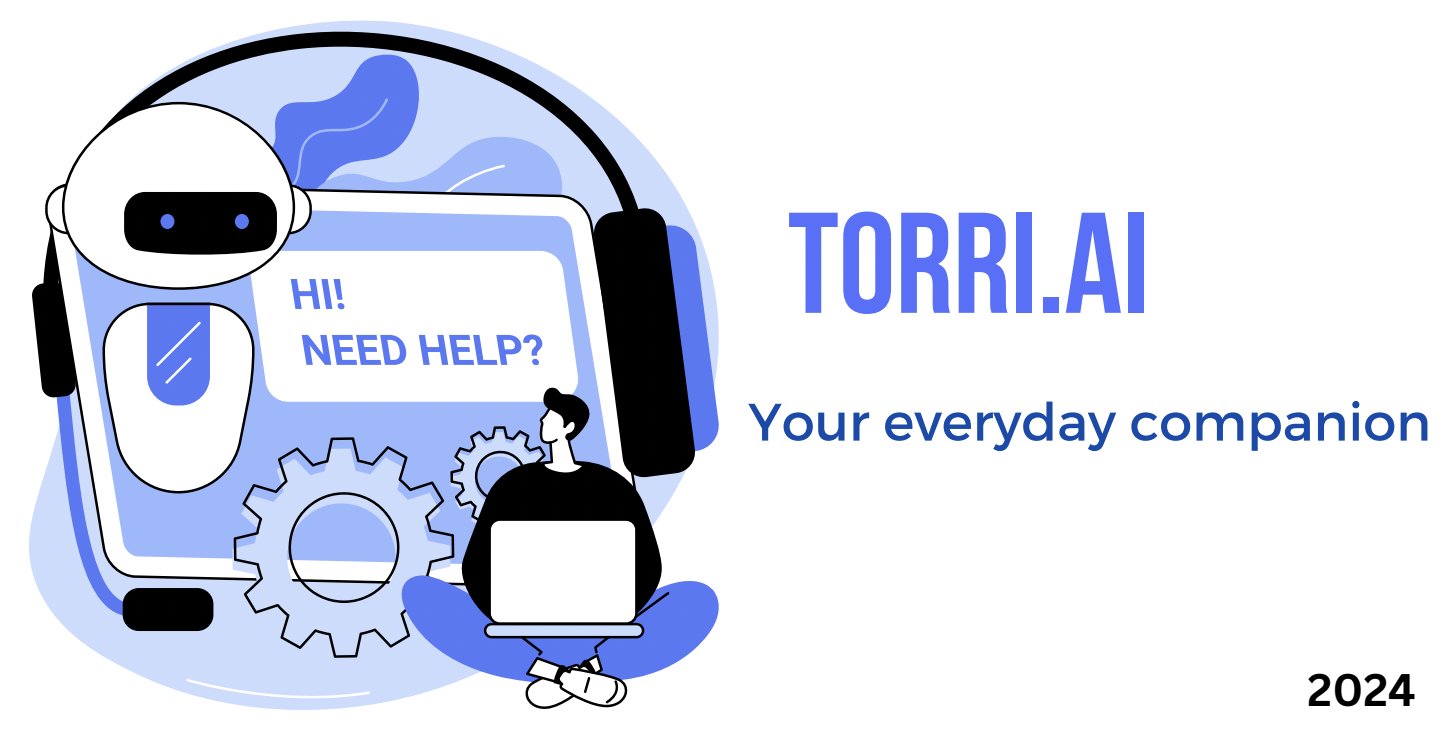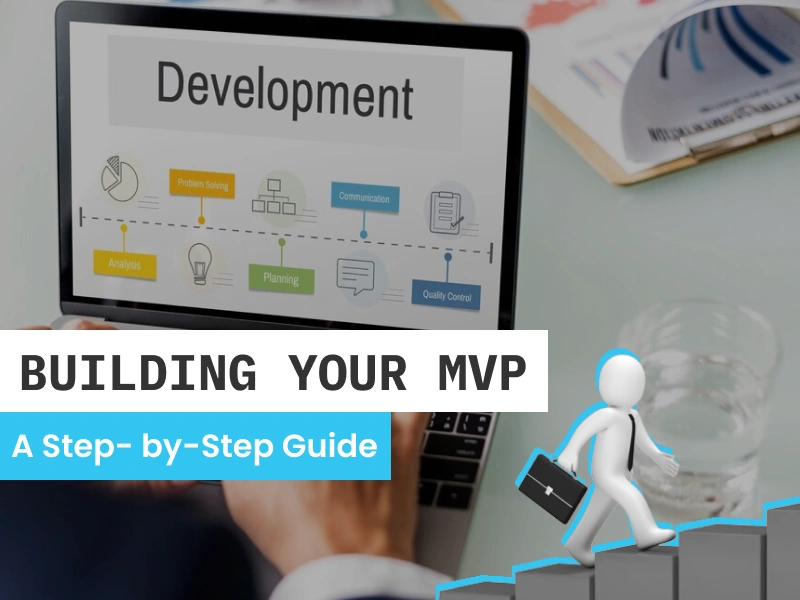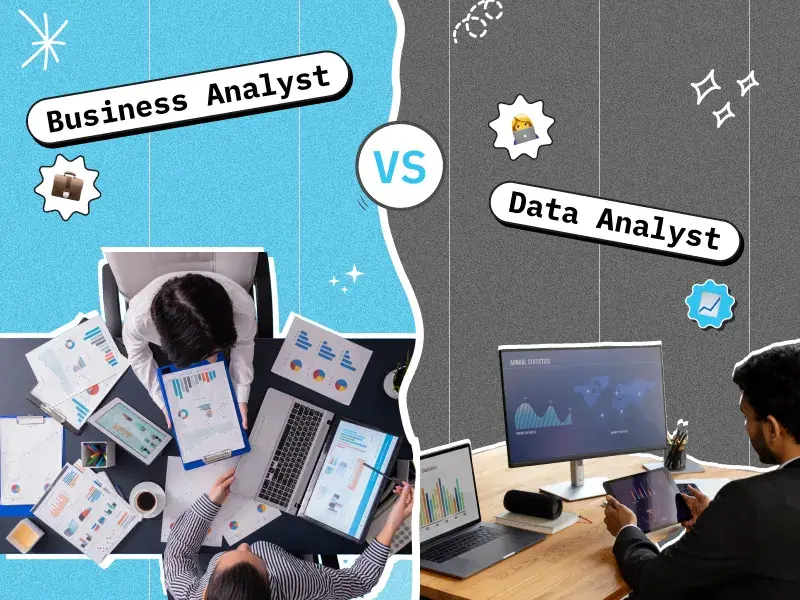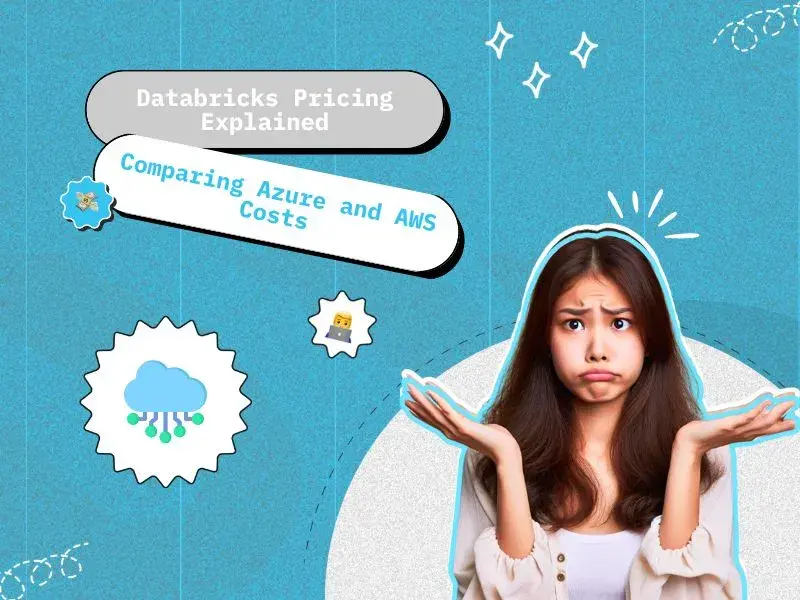Introduction
The ever-growing volume of data in today’s business landscape presents a challenge: how to utilize its power for strategic decision-making. Organizations are increasingly looking to leverage data analytics to gain a competitive edge, and this often leads to the question – should you hire data analyst or a business analyst?
Understanding the unique roles and skills each brings to the table can help you choose the right professional to meet your organization’s specific needs.
Who is a Business Analyst?
A Business Analyst (BA) is a professional who bridges the gap between business needs and technical solutions. They play a critical role in ensuring that business processes, systems, and operations are aligned with an organization’s strategic objectives.
Who is a Data Analyst?
A Data Analyst wrangles data, transforming it from raw numbers into actionable insights. They’re the detectives of the data world, using their analytical skills to uncover patterns, trends, and stories hidden within datasets. While business analysts may leverage basic data analysis techniques, data analysts delve deeper, often utilizing advanced tools and techniques like generative AI to process massive datasets and unearth hidden patterns that traditional methods might miss.
Read more: The Conventional Revolution: Generative AI in Data Analysis
Business Analyst vs. Data Analyst: Responsibilities
Business Analyst
- Requirements Gathering and Analysis: Identifies and documents business needs from stakeholders, ensuring clear project objectives through communication with various departments.
- Documentation and Communication: Creates detailed documentation (BRDs, specifications, use cases) and acts as a liaison between business and technical teams for clear project understanding.
- Solution Design and Validation: Collaborates with the technical team to design solutions that meet business needs, considering feasibility and alignment with business goals. Assists in testing to ensure solutions meet documented requirements.
Data Analyst
- Data Collection and Cleaning: Gathers data from various sources, cleanses it for inconsistencies and errors, and prepares it for analysis.
- Data Analysis and Interpretation: Uses statistical methods and tools to analyze data, identify trends and patterns, and extract meaningful insights.
- Data Visualization and Reporting: Creates clear and compelling visualizations (charts, graphs) to present findings to stakeholders and communicate data-driven recommendations.
- Data Modeling: Designs and builds data models to structure and organize large datasets for efficient analysis and retrieval.
Business Analyst vs. Data Analyst: Essential Skills
Technical Skills
- Business Analyst: Project management software, process modeling tools, documentation platforms (e.g., JIRA, ASANA, Microsoft Visio). Foundational understanding of programming languages and database management.
- Data Analyst: Statistical analysis tools, and programming languages (Python, R, SQL).
Soft Skills
- Business Analyst: Communication, negotiation, stakeholder management, consensus building.
- Data Analyst: Analytical thinking, problem-solving, critical thinking, identifying patterns.
Business Analyst vs. Data Analyst: Focus and Objectives
The primary difference between a business analyst and a data analyst lies in their focus and objectives. Business analysts concentrate on understanding business processes and identifying areas for improvement. They focus on business process optimization, helping organizations make more informed decisions.
On the other hand, data analysts focus on data-driven decision-making. They gather and interpret data to make informed business decisions, often involving finding trends, extrapolating outcomes, and making predictions based on past trends.
Choosing the Right Role for Your Business Needs
When choosing between a business analyst and a data analyst, assess the types of problems your organization needs to solve. If your primary focus is on business process improvement and organizational-level decisions, a business analyst may be more suitable.
If you require in-depth data analysis and data-driven decision-making, a data analyst may be the better choice. They are skilled at uncovering hidden patterns and insights within large datasets, helping you make informed decisions based on data.
What to Look for to Hire Data Analyst
To hire data analyst, look for candidates with a strong background in STEM fields, and extensive knowledge in data processing, handling, programming, and analytics. Proficiency in tools like SQL, Python, and R is essential. Additionally, candidates should have experience with data visualization tools and statistical techniques.
Check for qualifications like degrees in computer science, mathematics, or engineering. Ideal candidates should have proven experience handling massive datasets and the ability to make data accessible for organizational decisions. Moreover, excellent analytical skills and problem-solving aptitude are crucial for success in this role.
You may also be interested in: DATA ANALYST VS. DATA SCIENTIST: Who Do You Need and When?
What to Look for to Hire Business Analyst
For a business analyst role, look for candidates with a business background, such as degrees in business administration, accounting, or finance. They should have a solid understanding of business processes and data analysis, along with strong communication and negotiation skills.
Essential skills include proficiency with tools like Microsoft Visio, JIRA, and ASANA. Candidates should also have experience with process modeling tools and documentation platforms. Strong interpersonal skills and the ability to build consensus among diverse groups are crucial for success in this role.
Conclusion
Choosing between a business analyst and a data analyst depends on your organization’s unique requirements and goals. By understanding the distinct responsibilities and skills of each role, you can make a more informed decision that supports your business’s strategic objectives. Whether you need business process optimization or data-driven decision-making, selecting the right professional will help your organization thrive in today’s data-driven world.
If you are looking to hire data analyst who can help your business unlock the full potential of its data, consider reaching out to Creole Studio. With our expertise in providing top-notch tech solutions, we can assist you in finding the right talent to meet your analytical needs.
Contact us today to get started on enhancing your data capabilities!














 30 mins free Consulting
30 mins free Consulting 
 7 min read
7 min read 







 Love we get from the world
Love we get from the world 